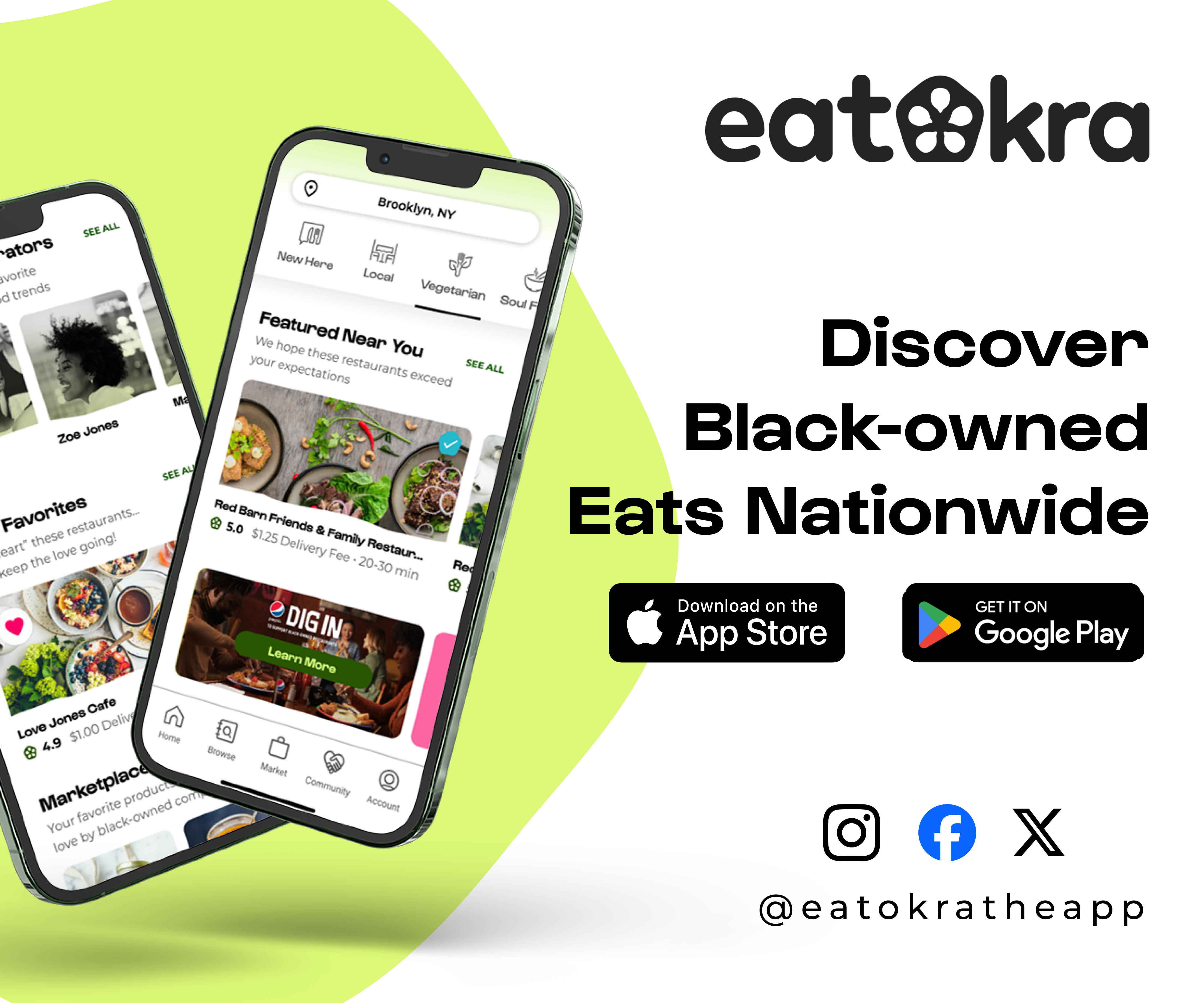Culinary Creatives Chat: Sorel Liqueur
“I have been making this in my kitchen for friends and family for almost 20 years.”
By Yolanda Evans
Last updated 10 Oct, 2024Before Jackie Summers became a household name in the spirit industry with his award-winning hibiscus liqueur Sorel, he encountered many bumps in the road. One of the road bumps that led him to creating his liquor brand was when his doctor found a tumor inside his spine that was the size of a golf ball.
It was the impetus for Summers to reevaluate his life.
“I got to take a step back and think about my priorities,” says Summers. “I decided that I’d spent 25 years in offices, and I want to spend the rest of my life in bars and get paid for it. I want to day drink professionally. I want to hang out with cool people in the middle of the day and have good conversations."
With this plan in mind, Summers turned to his Barbadian heritage (all four of his grandparents immigrated from Barbados to Harlem). He was inspired by sorrel, a hibiscus drink with West African and Caribbean roots, as the product that would allow him to live out his newfound dream. “Sorrel has about 500 years of history in the Caribbean, but it dates back to Africa. Africans knew that hibiscus was a wondrous medicinal herb. Enslaved people planted this plant in the Caribbean. And they start making this beverage to remind themselves of home, to remind themselves of who they are. And for all the things that we lost to colonization, this cultural identifier survives.”
When it came to launching his very own sorrel brand, Sorel Liqueur, Summers was confident his product would do the historic drink justice. “I have been making this in my kitchen for friends and family for almost 20 years as every good Caribbean family does, and every single Caribbean family believes that their version is the best,” he says.
After setting up shop in his kitchen and self-financing this boozy endeavor, Summers was motivated to make Sorel a success so he would never have to work for anyone again. Being that he wasn’t a food scientist, it took him many tries to perfect his recipe for this artisanal liqueur to make a shelf-stable product. After 623 failures, Summers was ready to showcase his concoction to the world.
When the product finally launched in May 2012, Summers became the first licensed Black distiller in the United States. Although Sorel had a notable debut, including Summers being named among the 50 Most Influential People In Brooklyn Food by Brooklyn Magazine in 2015—Summers had a hard time finding investors to keep his company, Jack From Brooklyn, afloat. After having not one but two investment deals fall apart, Sorel was taken off the market in 2016.
Down and out for several years, Summers never stopped looking for investors. In 2020, when the pandemic hit and George Floyd was murdered, the global Black Lives Matter movement was ushering in. With this movement, people were interested in diversity—in other words, everything that had to do with Black people and their products. “A friend of mine, Jeff Gordinier, a restaurant critic for the Esquire, texted me and he said, ‘Jack, do people know that you’re America’s first licensed Black distiller?'" With Gordinier’s support, Esquire wrote an article about Summers’ historic accomplishment. “There [was] renewed investor interest, and by 2021, we’re back on the market,” says Summers.
And it was none other than Fawn Weaver and the Black-led Uncle Nearest Venture Fund, which invests in other BIPOC/minority-founded spirits businesses, that funded Sorel’s second iteration. Since its relaunch in 2021, Sorel has won many major spirit awards, including the New York International Spirits Competition, San Francisco World Spirits Competition, and World Liqueur Awards. Now widely regarded as an industry pioneer, Summers has earned honors such as being in the inaugural class of Food & Wine magazine’s “Drinks Innovators of the Year” in 2022 and the Imbibe 75 in 2021.
Summers is also an acclaimed drink writer, with bylines in publications including the Plate, Wine Enthusiast, VinePair, Epicurious, Delish, and Edible Brooklyn. In 2022, he was nominated for the James Beard Media Award for his personal essay All the Food You Can Eat and Only The Family You Can Stand.
But even with all his accolades, at the end of the day, Summers just wants his sorrel to taste like somebody’s Caribbean grandmother used to make in their kitchen.
“I’ve been going to the West Indian Day Parade in Crown Heights since I was five years old. It’s how I discovered my love of my culture through food and beverage. And every year, I go to a house party full of proud Caribbean people who are not without their own bottled version of sorrel that they all grew up with. And every last one of them has said this tastes like something my grandma could have made.”
To Summers, there’s no better praise than the Caribbean diaspora vocalizing approval of Sorel. That, to him, is the ultimate award.
You've got to "C" it to believe it. Our ongoing #CulinaryCreativesChat series is a virtual space to empower Black food entrepreneurs through testimonies from thriving industry peers.





